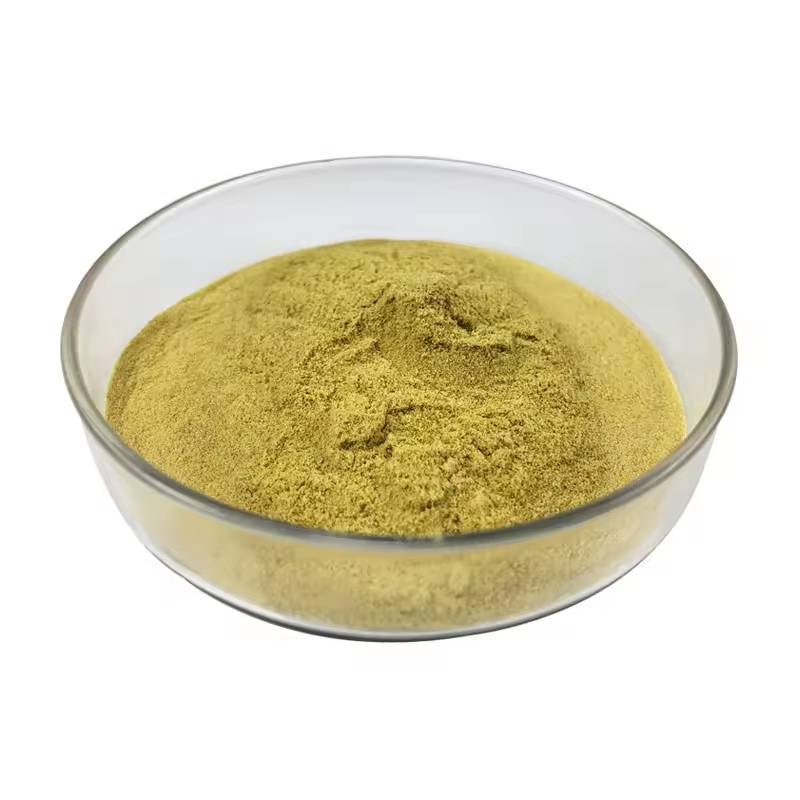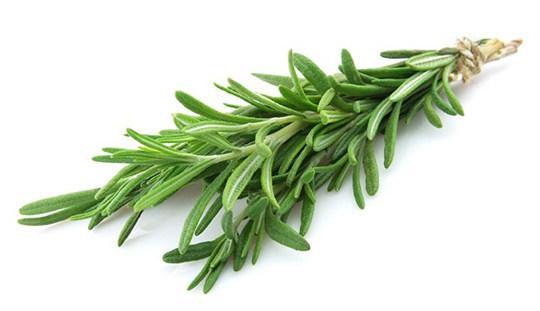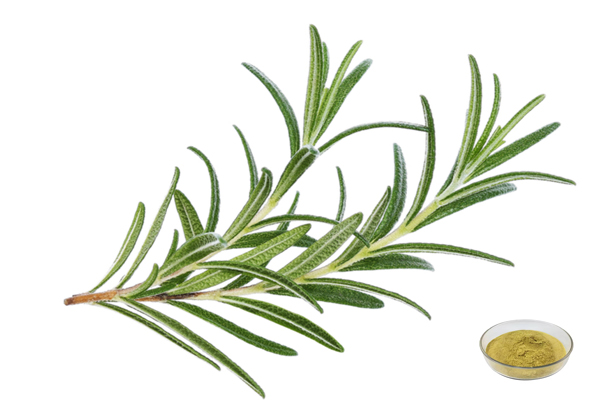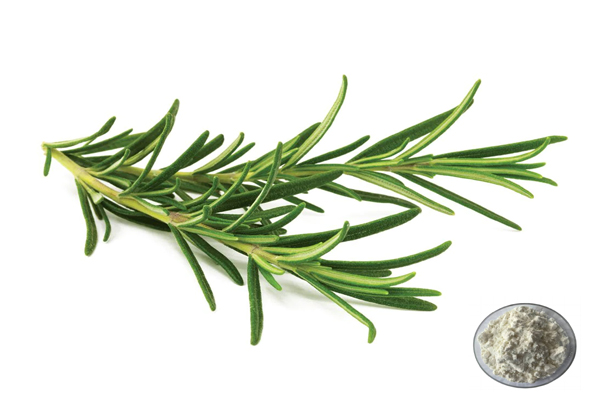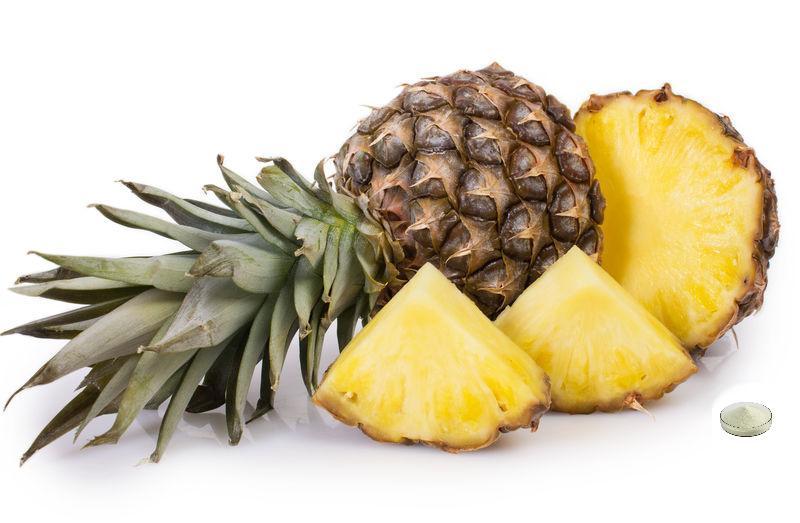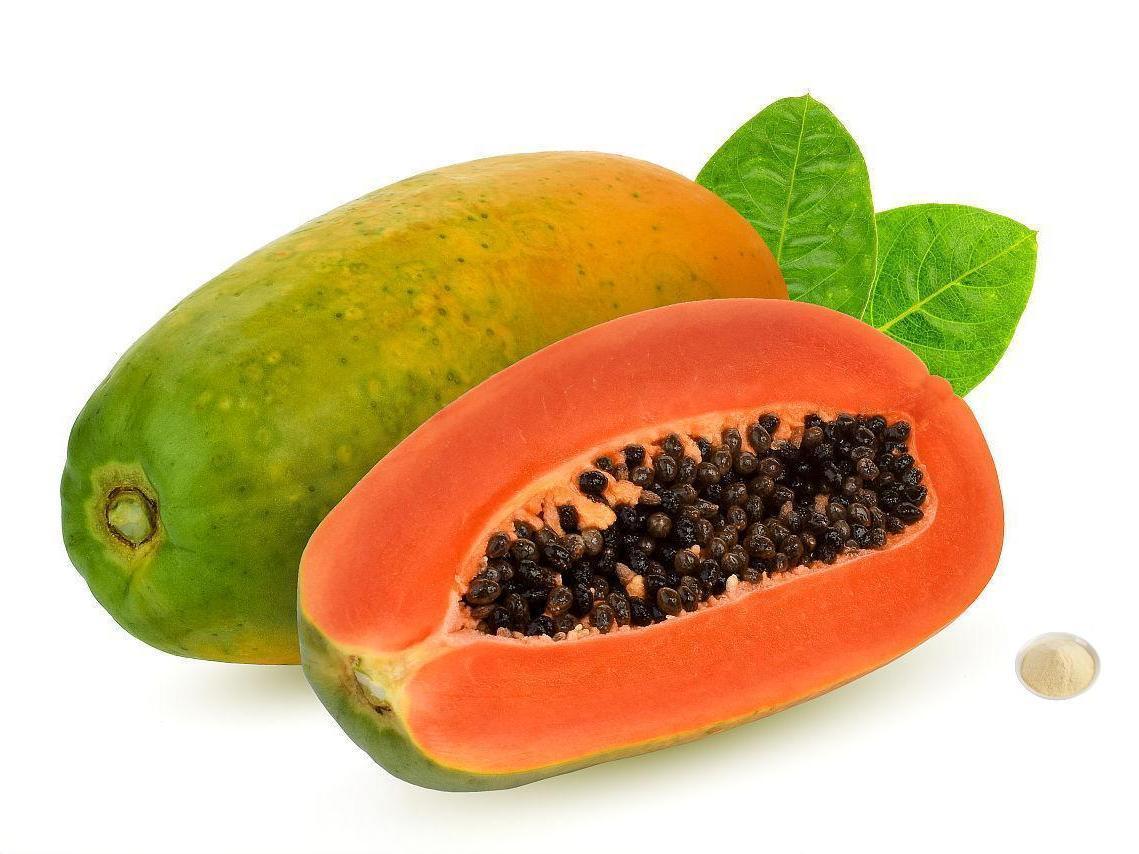Экстракт розмариновой кислоты 50% по HPLC
Источник: Розмари лиф
Активные ингредиенты: росмариновая кислота
Анализ :50%
Метод испытания :HPLC
Внешний вид: светло-желтый порошок
Остатки пестицидов: соответствуют стандарту No 396/2005 (EC)
- 3. Описание
- Спецификация данных
- Свидетельство о допущении
-
Что такое экстракт розмариновой кислоты?
Росмариновая кислота является естественным фенолическим кислотным соединением, конденсированным из кофеиновой кислоты и 3,4- дигидроксифениловой молочной кислоты. Росмариновая кислота широко распространена и особенно распространена в семьях комфрей, лабиатах и Cucurbitaceae. Итальянские химики впервые извлекли и изолировали от розмарина Rosmarinus officinalis Linn и назвали его розмариновой кислотой. Являясь важным полифенолическим антиоксидантом, розмариновая кислота имеет множество применений в пищевой и косметической промышленности и является отличным противовоспалительным, антибактериальным, антиканцеровым и другими фармакологическими видами деятельности.
Экстракт розмарина Rosmarinic Acid is a water-soluble natural phenolic acid obtained from rosemary, family Labiatae. It is a natural, efficient, stable, heat-resistant, safe, non-toxic, with no side effects, water-soluble antioxidant, and green food additive.
Экстракт розмариновой кислоты 50% от стоимости по КЖПХ (HPLC) поставляется - зеленый цвет Технология Spring позволяет выбирать свежие листья розмарина; С помощью раствора и перстни, шлифовального ногтя или других подходящих инструментов он разбивается на мелкие частицы для повышения эффективности экстракции; Дробимые листья розмарина погружаются в органический растворитель, а через экстракцию растворителя розмариновая кислота извлекается из растительных тканей. - раствориться в воздухе. Затем растворитель извлекается из экстракта методом дистилляции, оставляя раствор, содержащий розмариновую кислоту, и, наконец, розмариновая кислота очищается из экстракта методом кристаллизации, устраняя другие примеси и получая высокочистую розмариновую кислоту.
Green Spring Technology has an excellent R&D team, an independent testing laboratory an experienced production team, a rigorous internal quality control process, and organizes production under ISO, HACCP, and other quality standards. All of the products we offer implement the highest international industry standards, complying with EU EC396, EU 2023/915 standards, and the highest solvent residue standards. We have passed Halal, Kosher, COSMOS, BRC, IFS, FDA, ISO, and many other certifications.
Технические характеристики:
Название продукта
Rosemary Extract
Название на латинском языке
Rosmarinus officinalis L.
Кас-нет.
20283-92-5
Источник: http://www.
Лист Розмари лиф
Активные ингредиенты
Росмариновая кислота
3. Технические требования
50%
Метод испытания
HPLC
Внешний вид
Светло-желтый порошок
Остатки пестицидов
Соответствует стандарту (ес) No 396/2005
Правила:
Он соответствует правилам ес.
Хочешь услышать цитату?Benefits:
Anti-inflammatory
Numerous studies have demonstrated that rosemary extract rosemarinic acid has favorable anti-inflammatory effects. Complement activation usually occurs at sites of inflammation, and rosemarinic acid can covalently bind to the active complement substance C3b and thus inhibit complement activity without side effects. Cyclooxygenase-2 (COX-2) is a dangerous inflammatory factor, Scheckel et al. found that rosemarinic acid could inhibit the expression of the COX-2 gene in colon cancer cells and benign breast epithelial cells, and Lembo et al. demonstrated that rosemarinic acid could prevent medium-wave ultraviolet radiation-induced damage and reduce tumorigenicity in human keratinocyte cell lines. Inflammatory mediators such as tumor necrosis factor-α (TNF-α), IL-6, IL-8, and monocyte chemotactic protein 1, and promoted the production of protective IL-10.
Antibacterial
The antibacterial and antiviral properties of rosemary extract rosemarinic acid inhibit acute confusing infections and chronic infections, are resistant to UV rays, and inhibit the degradation of elastin; all of which make it an excellent natural additive to skin care products.
Anti-microbial
Rosemary extract rosemarinic acid has a certain inhibitory effect on bacteria, rosemarinic acid 500 mmol/L can inhibit staphylococci, and the inhibitory activity is affected by pH and ionic concentration. Abedini et al. found that rosemarinic acid 0.3-1.3 mg/mL inhibited Staphylococcus aureus 5001, Staphylococcus luttunensis T26A3, Staphylococcus maltophilus narrow-feeding monocytes, Enterococcus faecalis C159-6, Pseudomonas aeruginosa ATCC27583, Corynebacterium roqueforti, Mycobacterium smegmatis 5003, and Staphylococcus wolffii T12A12.
Rosemarinic acid inhibits Escherichia coli, Staphylococcus aureus, Salmonella, and Bacillus subtilis by destroying the cellular structure and proteins of the bacteria and inhibiting the Na+, K+-ATPase activity of the bacteria and the inhibition varies among different bacteria. In addition, rosemarinic acid has antiviral effects. Under acidic conditions, rosemarinic acid reacts with nitrite ions to give 6-nitro and 6,6-dinitro rosemarinic acids. These compounds acted as human immunodeficiency virus-1 integrase inhibitors at the micromolar level, inhibited viral replication in human T-cell leukemia MT-4 cells, and improved anti-integrase inhibition and antiviral effects.
Applications:
In the Food Field:
Rosemary Extract Rosemarinic acid, as a natural and highly effective antioxidant, can be used as a substitute for BHA and BHT in animal and vegetable fats and oils, dairy products, oil-enriched foods, confectionery, and baked goods; it can also be used as a spice for a variety of soups and flavored foods; and it has antiseptic and antimicrobial effects. In Japan, perilla extract, which is rich in rosemarinic acid, is used as a garnish to improve the shelf life of fresh seafood.
For Feed Product:
In animal husbandry, rosmarinic acid can be used as a feed additive to improve the antioxidant properties and stability of feed, thereby increasing animal performance and health.
In Pharmaceutical:
Rosemary Extract Rosemarinic acid has some antibacterial and anti-inflammatory properties and therefore has some applications in medicine, especially being used in traditional herbal medicine and some herbal preparations.
In Cosmetics:
Rosemary acid can be used in skin care products to dispel pigmentation, antioxidant, increase skin elasticity, delay aging and other effects; used in shampoo hair care products, can promote scalp blood circulation, improve hair loss, reduce the occurrence of dandruff, and stimulate the growth of hair, moisturizing hair. Therefore, rosemary extract rosemarinic acid can be used as an excellent additive in cosmetics.
-
Get Your Free COA


 Английский язык
Английский язык Французский язык
Французский язык На испанском языке
На испанском языке Русский язык
Русский язык Корейская народно-демократическая республика
Корейская народно-демократическая республика На японском языке
На японском языке



